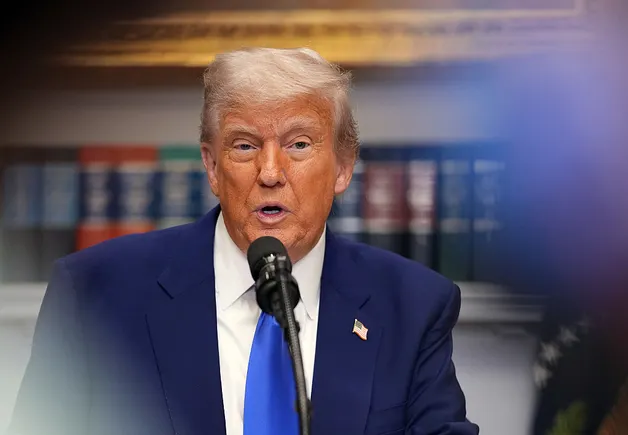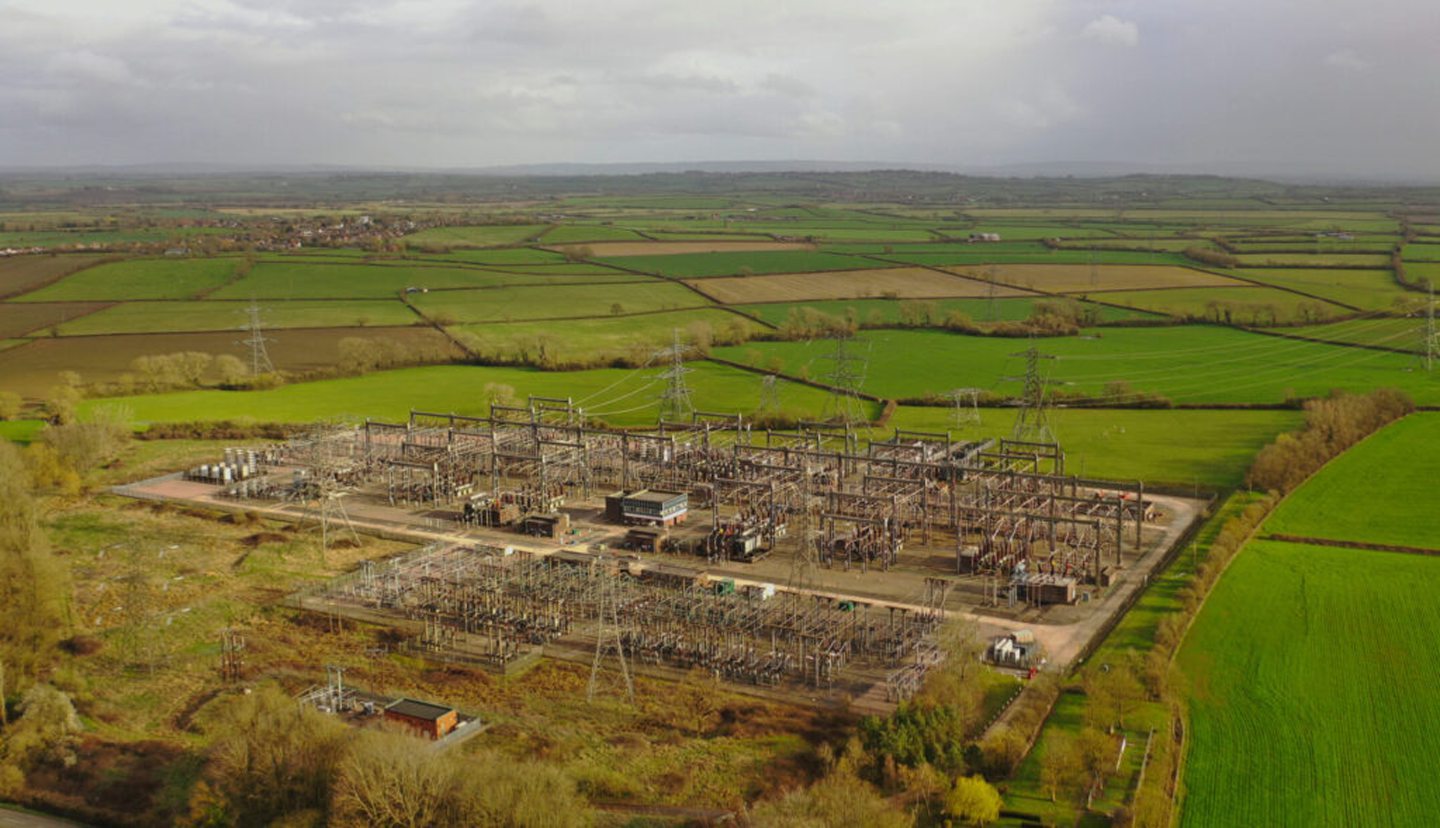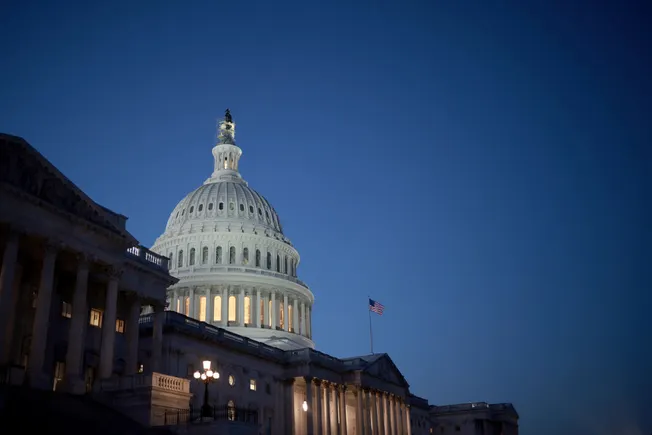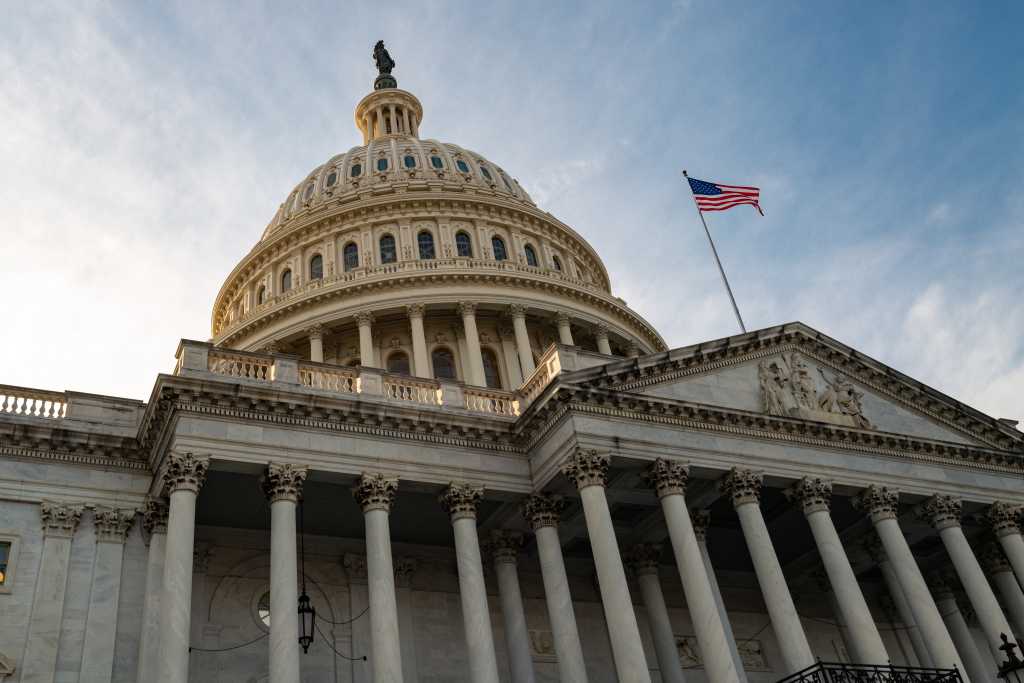
Dan Farber is faculty director, Center for Law, Energy & the Environment at the University of California, Berkeley School of Law.
President Trump delights in invoking executive powers designed for extraordinary circumstances, whether or not those circumstances are present. Thus, we have a mythical “invasion” by Venezuelan criminals, a “national emergency at the Southern border” (declared at a time when border crossings are unusually low) and a “national energy emergency” in anticipation of AI’s high energy demand — despite the grid working just fine.
This presidential chest-thumping may feel empowering for an administration eager to flex its muscles and impose its will. But as the president’s “national energy emergency” illustrates, when it comes to using extraordinary powers in very ordinary situations, the payoff can be quite small.
In Donald Trump’s America, the specter of an AI-driven energy shortage looms large. He declared the national emergency for the U.S. power system based on what was supposedly an urgent, unmet need for additional electricity generation. The supposed emergency was partly blamed on power needed for “the next generation of technology,” meaning artificial intelligence, and the president’s desire to exert AI dominance over China.
The emergency declaration defined “energy” to include almost anything other than the wind and solar power that Trump disdains — and that are necessary to increase capacity while keeping costs in line.
Eager to please its commander-in-chief, the Army Corps of Engineers responded with an announcement that it would use its own emergency regulation to fast-track permitting across water bodies and wetlands for almost 700 projects, some of which had little apparent connection with the electrical system. Now, ironically, the Corps’ “fast-tracking” appears likely to trigger lengthy delays.
First, the Army Corps regulation only applies to specific kinds of emergency situations: situations that involve “an unacceptable hazard to life, a significant loss of property, or an immediate, unforeseen, and significant economic hardship,” or where a streamlined process is needed to “prevent or reduce imminent risk of life, health, property, or severe economic losses.” In other words, it applies to real, rather than imaginary emergencies.
The AI-related national energy emergency declared by Trump has at best only a tenuous relationship with the Army Corps’ emergency regulation. If the Corps does make wide use of this regulation where it doesn’t apply, courts have an obligation to make the Corps start over again. Thus, the process for processing a permit application will take longer than ever. In fact, even the start of the process may get delayed because an environmental group is likely to immediately file a lawsuit challenging the application of the emergency regulation.
Second, even when the regulation does apply, it has limited effect. There is no emergency exception to the National Environmental Policy Act, which governs preparation of environmental impact statements. The Corps’ emergency regulation allows a faster process with less public participation, but the final product must still provide a thorough analysis of a project’s environmental impacts and a consideration of alternatives with fewer impacts. Rushing the job makes it more likely that the Corps will miss an important issue, again requiring it to redo its work.
Some judges of course may be happy to let Trump do whatever he wants, so this maneuver will work some of the time. But even among his own judicial appointees, there are many who take their jobs more seriously than that.
To be sure, there are certainly tangible negative impacts of Trump’s manufactured AI energy emergency. His emergency order will lead to less thoughtful agency decisions and will silence public participation in the process. Given Trump’s apparent desire to rule by personal fiat, those effects probably won’t bother him much. But the fact remains that the president’s “national energy emergency” is likely to have a minor effect at best on the speed of permitting, and may well prove counterproductive to the president’s stated goals. Trump and his advisors may not have known all this, but the Army Corps surely did. Why did they go ahead anyway? The calculus is simple: Its enthusiastic implementation of Trump’s decree is sure to win his approval. When the actual results turn out to be disappointing, the White House may never notice — and if it does, the White House is likely to blame the judges, not the Corps.
The big advantage of actions like the emergency energy declaration are political rather than legal. Much of the public — especially portions of Trump’s base — will take his word for it that some problem existed and has been solved. He gets to look great and powerful, and his opponents may feel correspondingly weakened. This effect isn’t meaningless: The appearance of having power is one way of securing the reality of power. But by fighting back, both in the courts and in the court of public opinion, citizens and organizations can reduce the real world damage and uphold the rule of law.




















